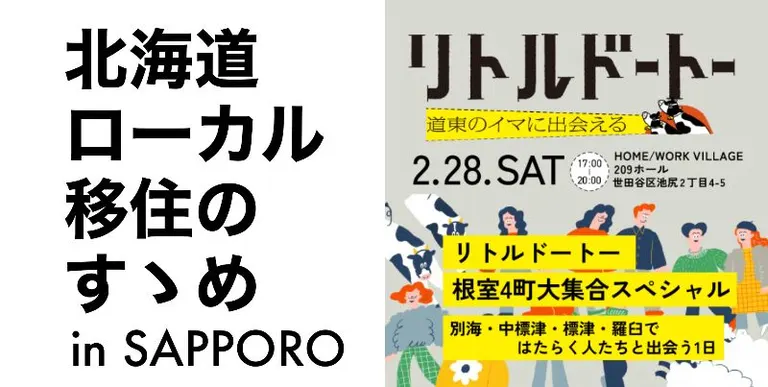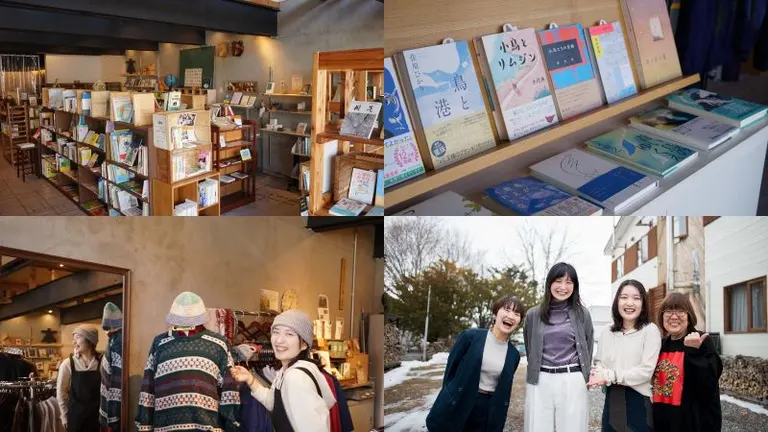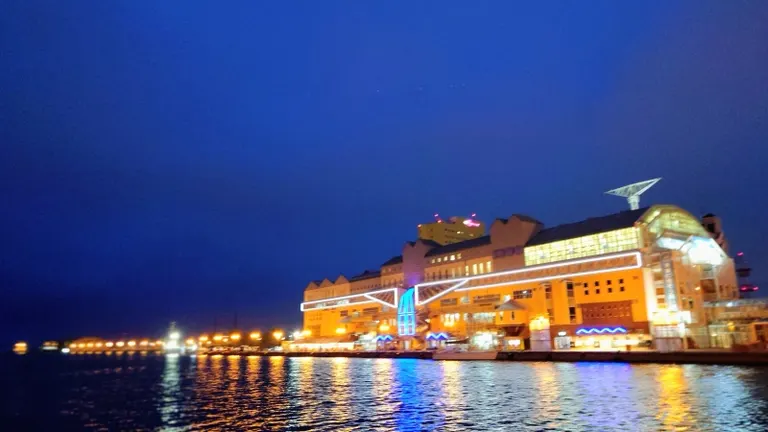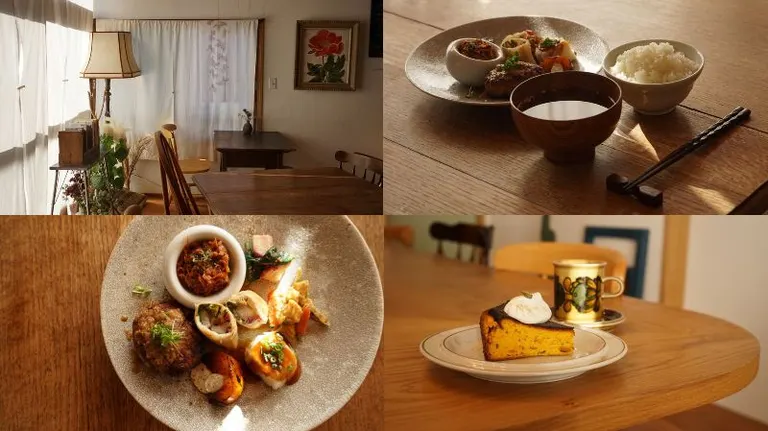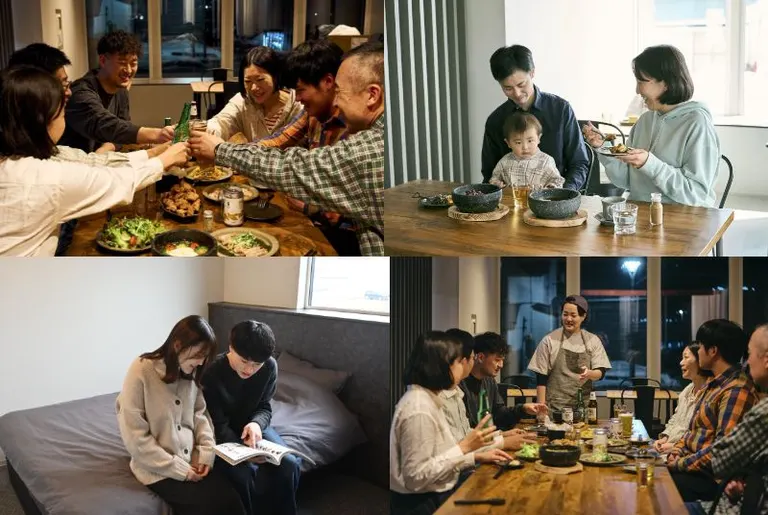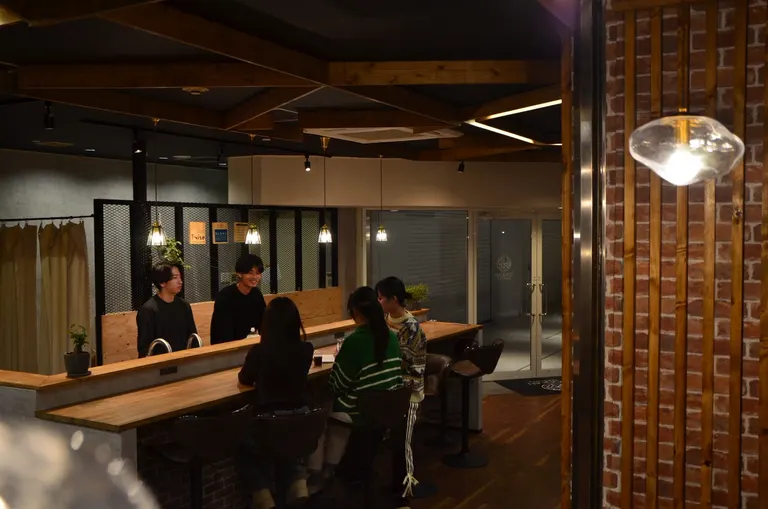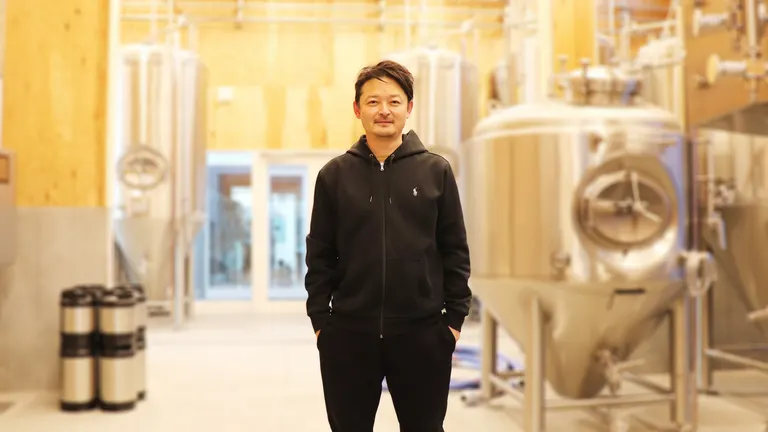
ARTICLES
Why a Hostel in a Hokkaido Town with a 46% Elderly Population is Thriving with Young People and Foreigners
"I'm Going to Die" from the Hard Work at a Japanese Company
After five years at a university in California, Mr. Kikuchi worked for a local environmental consulting firm for two years. At 25, he changed jobs to a consulting firm in Japan.
However, being accustomed to the American work style that values holidays and private time, he experienced a "reverse culture shock" due to the intense workload. He says it was normal to have meetings at 3 a.m. and prepare documents at 5 a.m.
"My boss was so sleepy he was stabbing his own thigh with a ballpoint pen. In that environment, I thought, 'If I continue this for another year, I might just die, physically and mentally.'"
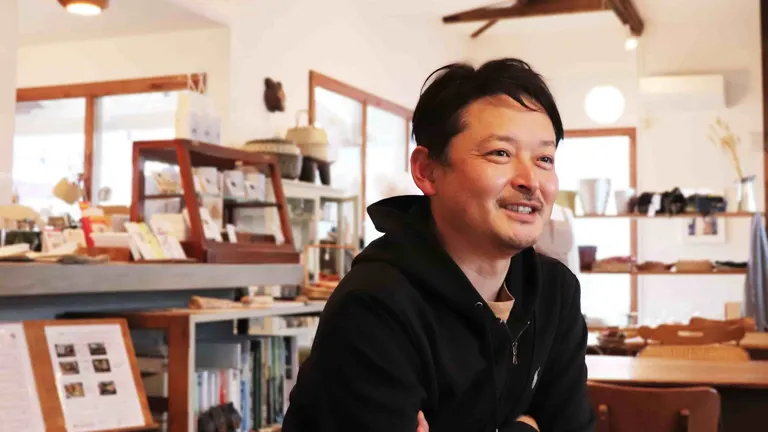
After leaving the Tokyo company at 27, he spent two years immersed in equestrianism. Among all living creatures, Mr. Kikuchi loved horses. The reason: because they are beautiful. With the money he never had time to spend, he did a homestay with the coach of the New Zealand equestrian team, where he also encountered beautiful landscapes.
"My interest in the environment stems from my love for beautiful natural scenery and animals. Protecting the environment is one way to preserve them. The New Zealand landscape felt like California before it was developed, and it was truly beautiful. I'm involved in many things now, but at the very top, there's always the grand theme of 'creating beautiful landscapes.'"
However, a life without work couldn't last forever, and before he knew it, his savings were gone. Through connections, he found work as a researcher at Tohoku University and in a consulting firm, where he stayed for 11 years.
The turning point came when he was 38. He reconnected in Tokyo with Emiko, whom he had met at his university in California but hadn't seen in 20 years. They had a whirlwind romance and married within six months. Emiko was tired of life in Tokyo, and Mr. Kikuchi wanted to be more directly involved in environmental issues and live with horses. Their desires aligned, and they decided to leave Tokyo.
From the U.S., Tokyo, and Iwate... to Shiraoi
They chose to move to Tono, Iwate Prefecture, one of Japan's leading horse-breeding areas. Through social media, Mr. Kikuchi was able to adopt two farm horses. He realized, "Horses eat grass and use that power to carry people and goods. This is renewable energy," and began a project to create a community where horses and people coexist in Tono.
At that time, Tono was holding a community-building event called the "Tono Mirai Souzou College" (Tono Future Creation College). Mr. Kikuchi also participated in this project.
A few years later, he received a request from the town of Shiraoi to speak as one of the practitioners of the "Tono Mirai Souzou College" at a community-building seminar with over 100 participants. This came about because the president of a major Tokyo-based skincare company, which was building a new facility in Shiraoi, had proposed the "Tono Mirai Souzou College" model to the town.
"That was my first encounter with Shiraoi. I also learned for the first time that Shadai, a world-renowned horse-breeding area, is in Shiraoi. At the time, I wanted to change the environment for my horses, and I was still taking on consulting work in Tokyo. The travel time from Iwate to Tokyo was three and a half hours by bullet train, but from Shiraoi, it's less than two hours by plane from Chitose. So I thought, 'Why not Hokkaido?'"
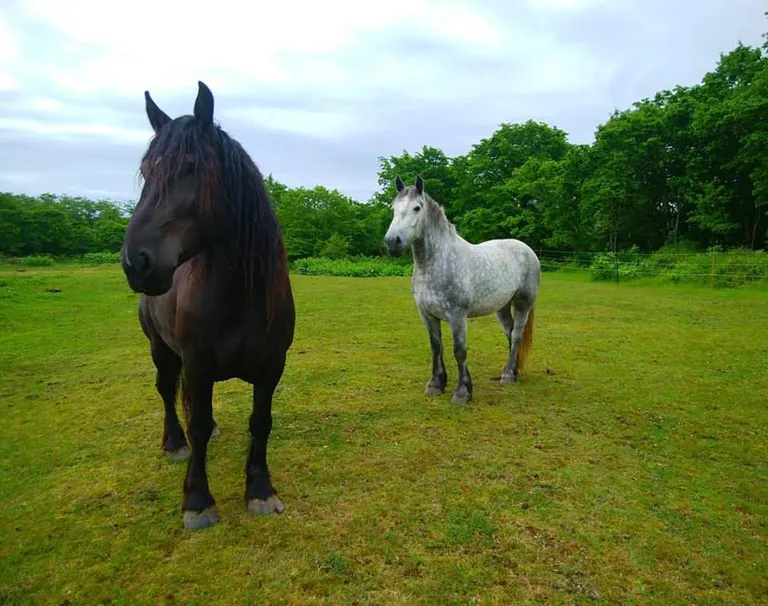
Mr. Kikuchi's ranch in the "Shadai" area, about a 10-minute drive from haku. Two horses live freely on the pasture, which is about twice the size of the Tokyo Dome. "It can't compete with the beauty of overseas landscapes, but the scenery in Shadai has potential. I want to bring that out," says Mr. Kikuchi.
And so, in 2017, he moved to Shiraoi with his wife, daughter, and two horses. To secure a basic income, he applied to be a Local Vitalization Cooperator for the town of Shiraoi.
"It's been a crazy rollercoaster ride, right? (laughs). At one point, my savings were back to zero, and it's scary. It's nothing but scary, but I have no choice but to keep moving forward."






